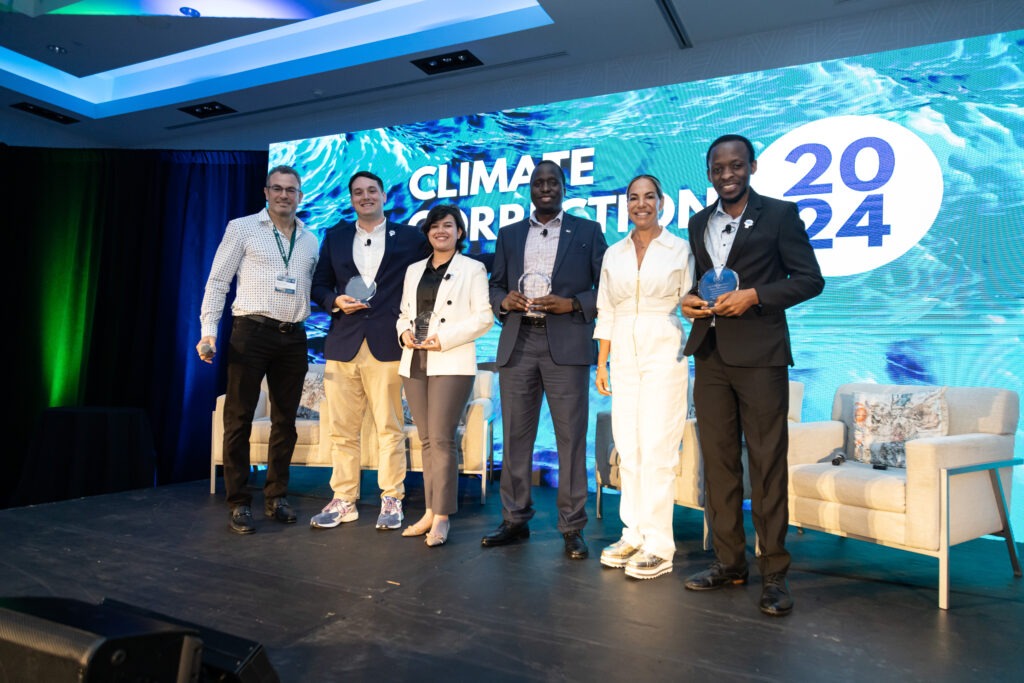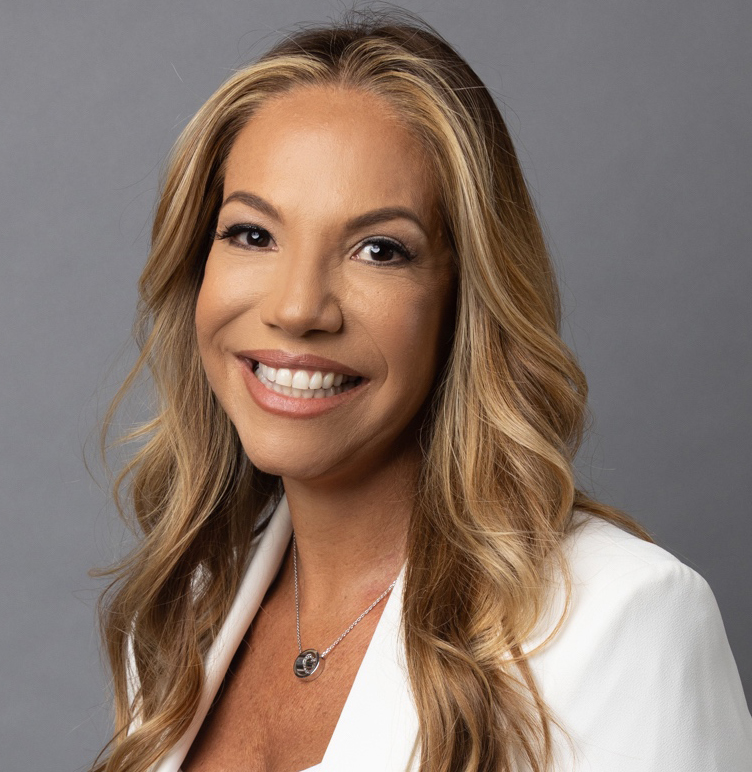By Thais Lopez Vogel, VoLo Foundation
As Earth Day gets closer, it’s a good moment for us Floridians to think about how we interact with our home state. The question is timely because we’re surrounded by facts that increase our concern about what is happening with climate change and what steps we need to take.
At first glance, many find this situation hard to understand and accept, as Florida’s phenomenal growth in the last century was based on its favorable weather. The “Sunshine State” promised the residents of the northern tier of the country, as well as tourists from all over the world, year-round beach weather.
Now, the climate has become the biggest threat of the present. The Environmental Protection Agency assesses the situation in a nutshell: “The Florida peninsula has warmed more than one degree (F) over the last century. The sea level is rising about an inch per decade, and heavy rainstorms are becoming more severe.”

The government agency also predicts that, in the coming decades, “rising temperatures are likely to increase storm damage, harm coral reefs, and increase the frequency of unpleasantly hot days,” among other consequences.
It is not surprising to say that we need to take action, but how should we do it? How can we ensure we’re doing the best we can?
That is the main task of VoLo Foundation. As a data-driven organization, we follow the facts to make decisions. Furthermore, we partner with like-minded organizations and individuals to multiply our effectiveness.
Our annual event, the Climate Correction conference, is a testament to what we think and do. That is why we want to share today part of the extensive and useful knowledge we gathered on March 8 in Orlando.
We proudly hosted Florida’s Climate Future, an interactive online platform that leverages public data from the world’s leading climate scientists, offering a comprehensive overview of county-level climate challenges in three risk areas affecting Florida’s economy and household budgets.
With the rising costs of energy and more frequent extreme floods and heat waves, residents are seeking answers. They need clear information to understand their risks and figure out what steps to take to keep their communities safe.
Knowing the facts is the best way to decide what effective action to take, and this tool, provided by the Environmental Defense Fund, is a cutting-edge embodiment of that principle.
Additionally, our 2024 VISTA Award-winning project presented a wise and sensible proposal to counteract the current climate situation in the state.

Florida International University graduate students Ivan Oyege, Priyanka Belbase, Moses Kiwanuka and Jordan Prats submitted a proposal focused on the “Evaluation of Plant Varieties for Green Roofs in South Florida.” Their proposal received the highest recognition from VoLo, awarded to students demonstrating exemplary leadership, along with vision, innovation, sustainability, technology and action in climate solutions.
Although the number of green roofs is increasing nationwide, the challenge in South Florida lies in the unique climate compared to other cities. The type of plants we need here must be able to withstand the uniquely complicated weather conditions.
Therefore, they are working on a list of plants that can withstand the climate conditions of South Florida.
This proposal will reduce electricity bills by cooling down the buildings. Additionally, green roofs could redirect 64% of rainwater to drains, an extraordinary reduction when it comes to flood-affected cities, among other benefits.
Listening to the experts, paying attention to predictions, planning accordingly and encouraging the next generations to work on their own solutions are ways to embrace the planet and Florida.
Care and love must turn into effective action. Bringing solutions is the best way to show that the Earth truly matters to us.
Thais Lopez Vogel is the cofounder and trustee of VoLo Foundation, a private family organization that exists to accelerate change and global impact by supporting science-based climate solutions, enhancing education and improving health.
If you are interested in submitting an opinion piece to The Invading Sea, email Editor Nathan Crabbe at ncrabbe@fau.edu. Sign up for The Invading Sea newsletter by visiting here.



